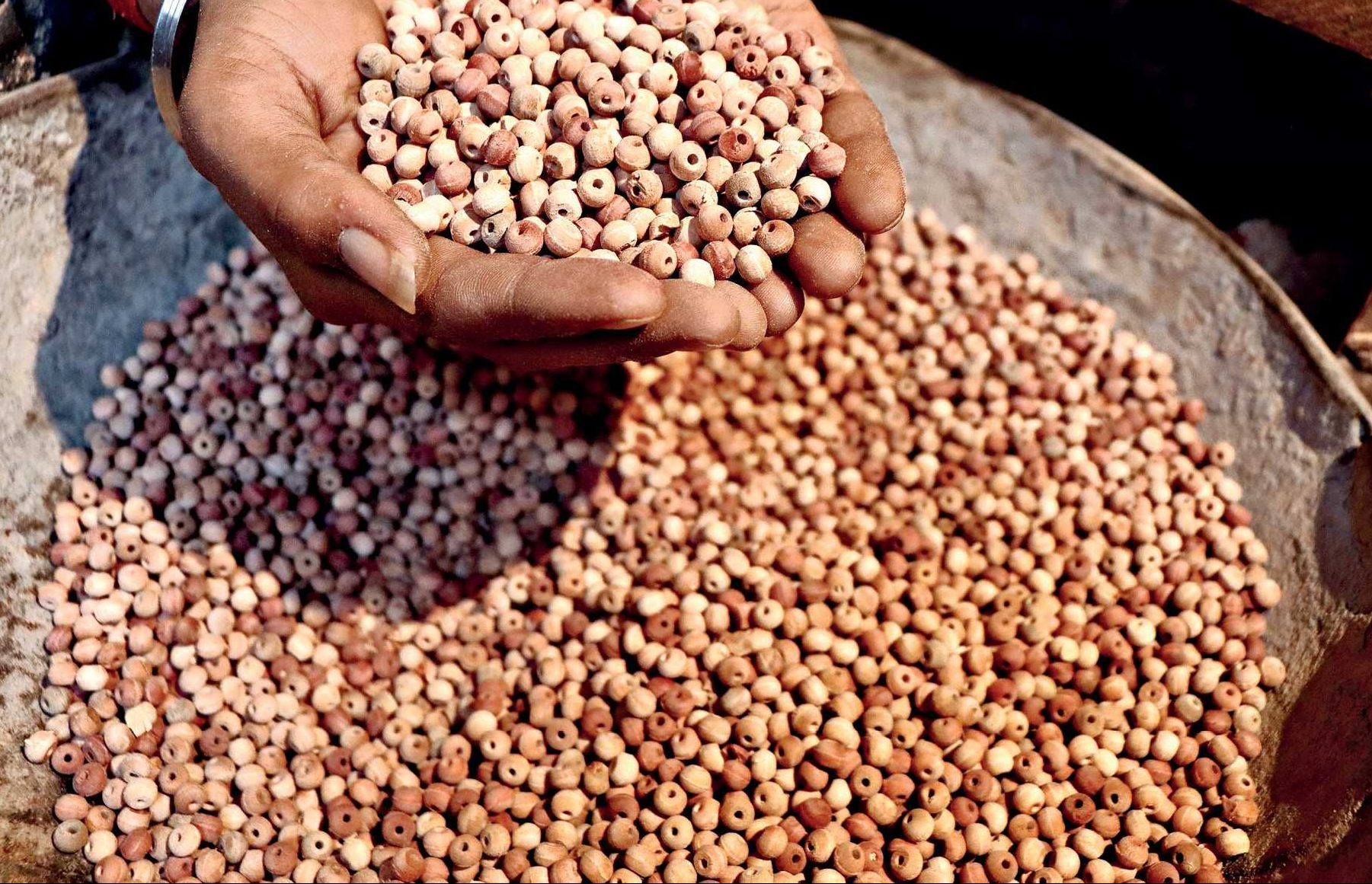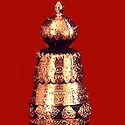Wooden prayer beads produced in Mangali village near Hisar in Haryana is a fascinating one. The villagers have been crafting these prayer beads for over sixty years, and their craftsmanship is sought after by people of different religions across India and abroad. The prayer beads are made from various types of wood, including keekar, sheesham, and teak, and are strung together with a cord or thread.
Most of the villagers, regardless of their caste or community, are involved in the production of these prayer beads. From elders of the family to women, school-going children, and youngsters, all members of a household sit huddled in a corner where the machine is installed and craft prayer beads in their free time. They produce the prayer beads in their homes and sell them to middlemen from other states.
The prayer beads are sold in many places in India and abroad, including Delhi, Kolkata, Varanasi, Haridwar, Jaipur, Mathura, Bodh Gaya, Nashik, and southern states, as well as to Arabian countries.
The prayer beads have a religious and spiritual significance in Hinduism, Sikhism, and Islam. The Hindu ‘Japmala’ contains 108 beads, while Sikhs also use the same while reciting verses of the Guru Granth Sahib. The number of beads in the Muslim rosary is a little lower, and they refer to such prayer beads as Tasbih.
Gallery
YOUR VIEWS
PRACTITIONERS: INDIA
Access 70,000+ practitioners in 2500+ crafts across India.
BIBLIOGRAPHY
10,000+ listings on arts, crafts, design, heritage, culture etc.
GLOSSARY
Rich and often unfamiliar vocabulary of crafts and textiles.
SHOP at India InCH
Needs to be written.






